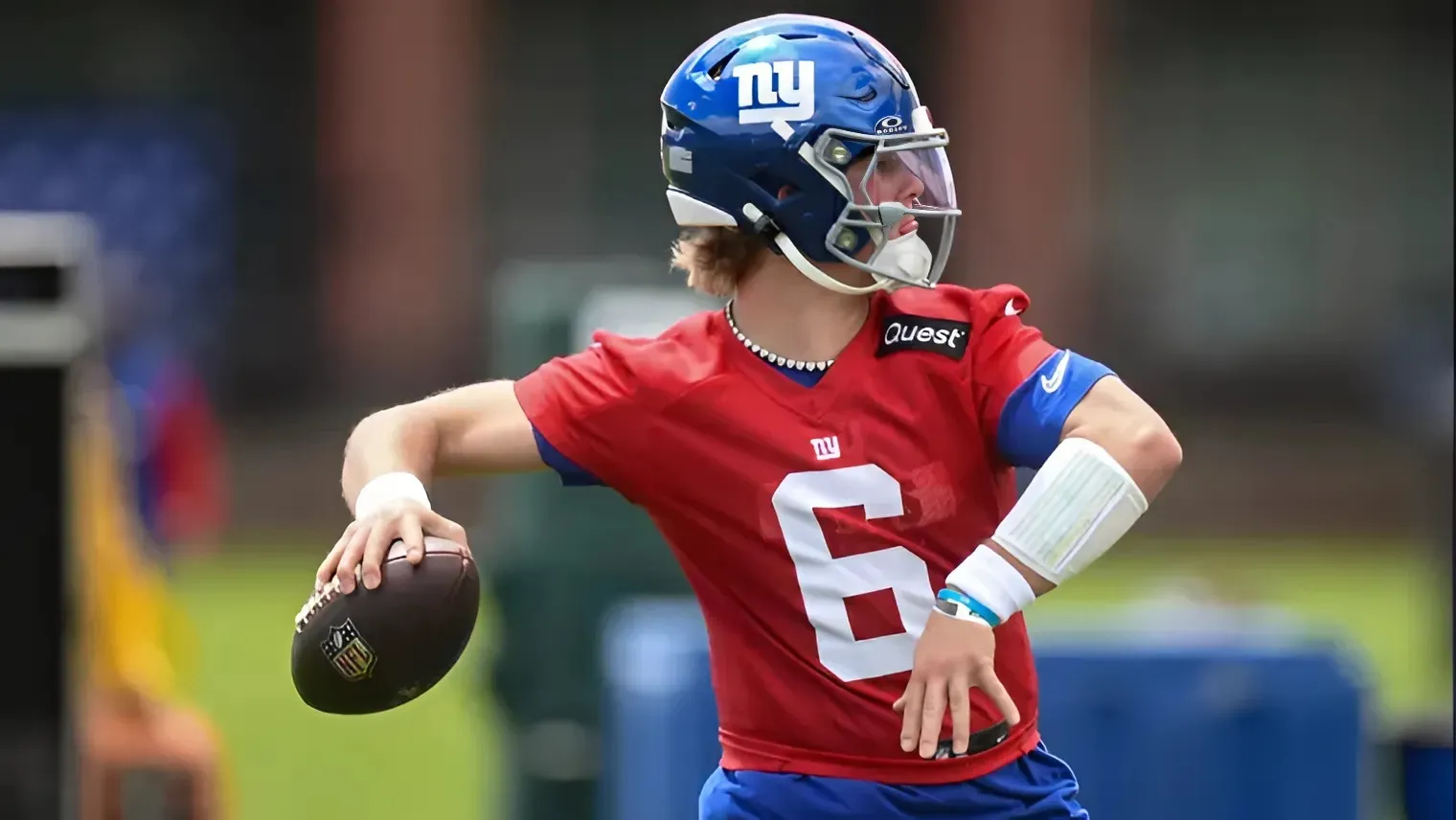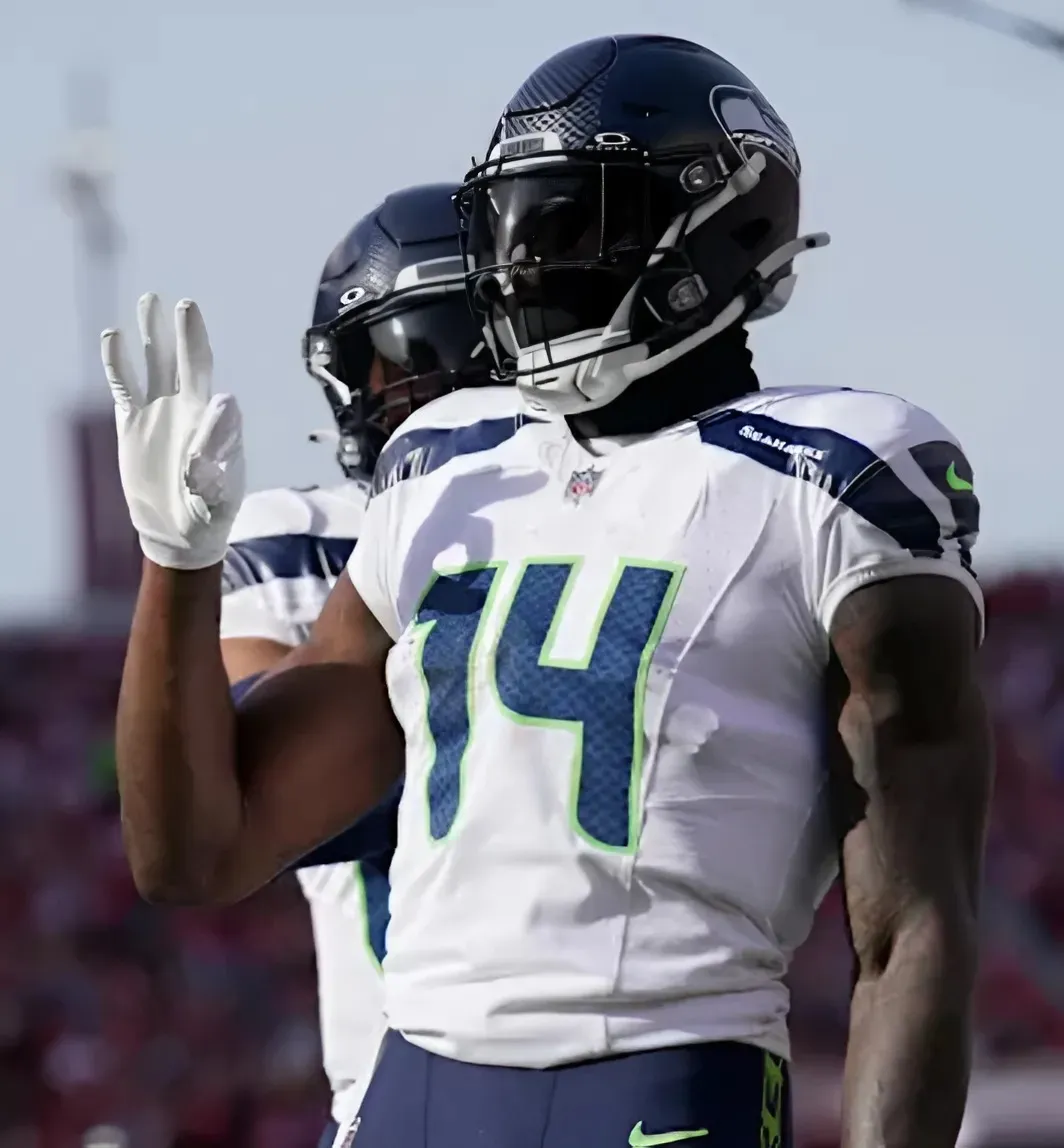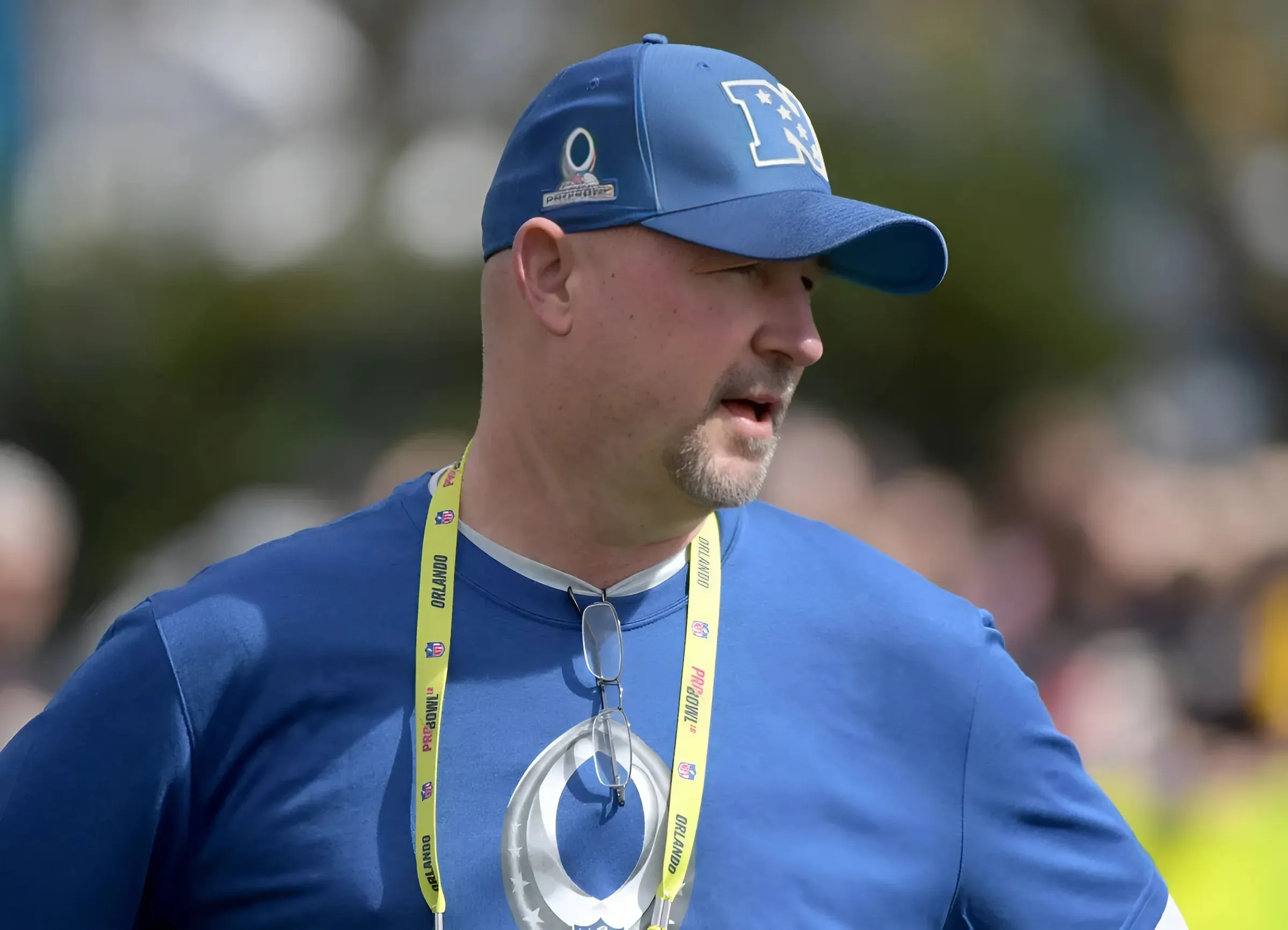Dwyane Wade knows what it means to battle through injuries and high expectations. So when the Miami Heat legend spoke about Jayson Tatum’s Achilles tear, his message came from experience and respect.
“Jayson Tatum went down. You don’t want to see anyone go down. You definitely don’t want to see the stars of our league go down… Sending obviously love to Jayson Tatum as he’s getting on his pace to get back to recovery. His story is not over, it’s continuing to be written and this is a part of it, unfortunately.”
Wade’s comments echoed the broader sentiment around the league—support for one of today’s most respected young stars as he begins a difficult but hopeful chapter.
A Message That Reflects the League’s Respect
Dwyane Wade’s message reflected the respect Jayson Tatum has earned across the league. As someone who’s led the Boston Celtics deep into the playoffs in recent years, he’s widely seen as part of the NBA’s next generation—something Wade, a Hall of Famer from the previous era, clearly acknowledges.
This isn’t the first time Tatum has received recognition from all-time greats, but Wade’s words—especially the line “his story is not over”—stood out. It’s a reminder that how players respond to setbacks can define the next phase of their careers.
As Boston begins to look ahead, the support around Tatum—from teammates, coaches, and former players—reflects how important he is to the team and the league. His recovery isn’t just about getting back on the court. It’s about building toward what comes next.
A Medical Masterpiece
The moment Tatum’s Achilles gave out at Madison Square Garden was brutal. But the response? Groundbreaking.
In the days since the injury, we’ve learned more about just how quickly—and impressively—Tatum has begun the recovery process.
Within 12 hours, the Boston Celtics‘ franchise cornerstone was on the operating table—an unprecedented timeline that stunned the medical community. His surgeon? Dr. Martin O’Malley, the same doctor who repaired Kevin Durant‘s Achilles in 2019.
“That is really atypical—even for a professional athlete or a high-profile individual,” said Dr. Lou Soslowsky, director at Penn’s Achilles Tendinopathy Center. “The opportunity for a faster recovery really is present.”
(via Celtics Blog)
Tatum’s ‘Durant Blueprint’ Gets an Upgrade
Durant’s recovery once set the gold standard. But Tatum might’ve just raised the ceiling.
Durant waited 48 hours for surgery. Damian Lillard waited five days. DeMarcus Cousins, four. Tatum? Just 12 hours.
“There’s not a lot of data on recovery from Achilles tear for a 27-year-old at 12 hours post-tear,” Soslowsky added. “We’re in uncharted territory.”
(via Celtics Blog)
The Road Back for Tatum
Tatum’s father, Justin Tatum, hinted at an 8–9 month return. But Soslowsky urges caution, recommending 12 full months to prevent long-term damage.
That patience could prove defining. Between the speed of surgery, the advancements in post-op treatment, and Tatum’s age and physical profile, this recovery might reset how we view Achilles injuries in the NBA.
As Reggie Miller shared, Tatum sent him a text shortly after the injury that read:
“This injury will not define me and I cannot wait to be back in Celtic green to show you why.”
(via Locked Up JB)
The Boston All-Star isn’t just working his way back—he may be setting a new standard. With support from legends like D-Wade and a recovery process that’s already rewriting expectations, the league will be watching every step of the way.


